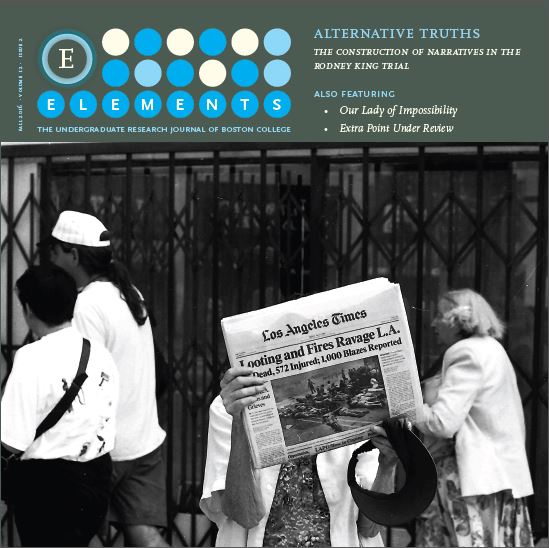Tunisian Exceptionalism Or Constitutional Timing: A Comparison Of Democratic Transitions In The Middle East
DOI:
https://doi.org/10.6017/eurj.v12i2.9354Keywords:
political science, Arab Spring, Middle East, democratic transitionAbstract
Abstract: The protest movements of the Arab Spring prompted a major reevaluation amongst policymakers and academics alike about authoritarian regime stability in the Middle East. Counter to the euphoria that greeted the protests, continued instability, sectarianism, and extreme violence in several Middle Eastern states have sparked concerns that the dictators who ruled before may have been the better of two bad options. These concerns detract from the significant political transformation that Tunisia has undergone, from one of the most repressive dictatorships in the region to its sole genuine democracy. While Tunisia’s successful democratic transition looks like an anomaly in its current regional environment, Egypt did achieve a significant historic milestone when it elected President Morsi in free and fair elections. However his tenure did not last long, and Egypt’s broader failure to democratize prompts questions as to how democratic transitions succeed after dictatorships. By comparing the democratic transition processes in Tunisia and in Egypt, we can begin to elucidate the causes of the different outcomes of the protests in these two similar states. New political actors and certain ancien régime institutions played critical roles in ousting the dictators, but the timeline of whether democratic elections took place before or after new constitutions were adopted, was paramount in determining the success of the democratic transition. This is because constitutional timing structured whether the country’s political design would be determined by dialogue and deliberation or ad-hoc by the political actor with the greatest popularity.
Downloads
Published
How to Cite
Issue
Section
License
Copyright (c) 2016 Max Blaisdell

This work is licensed under a Creative Commons Attribution 4.0 International License.

